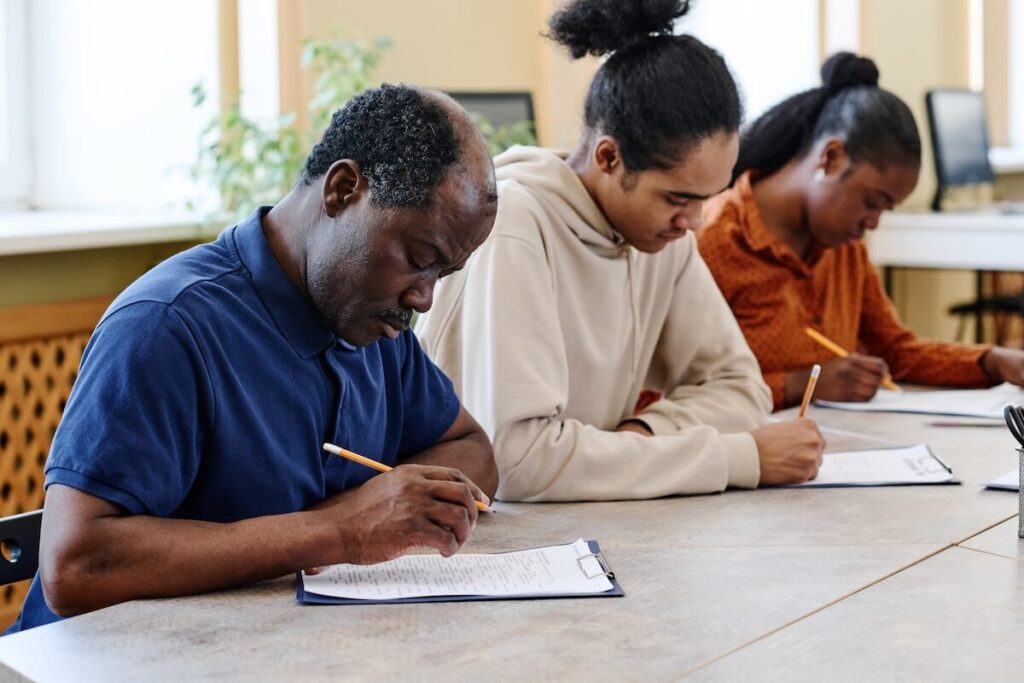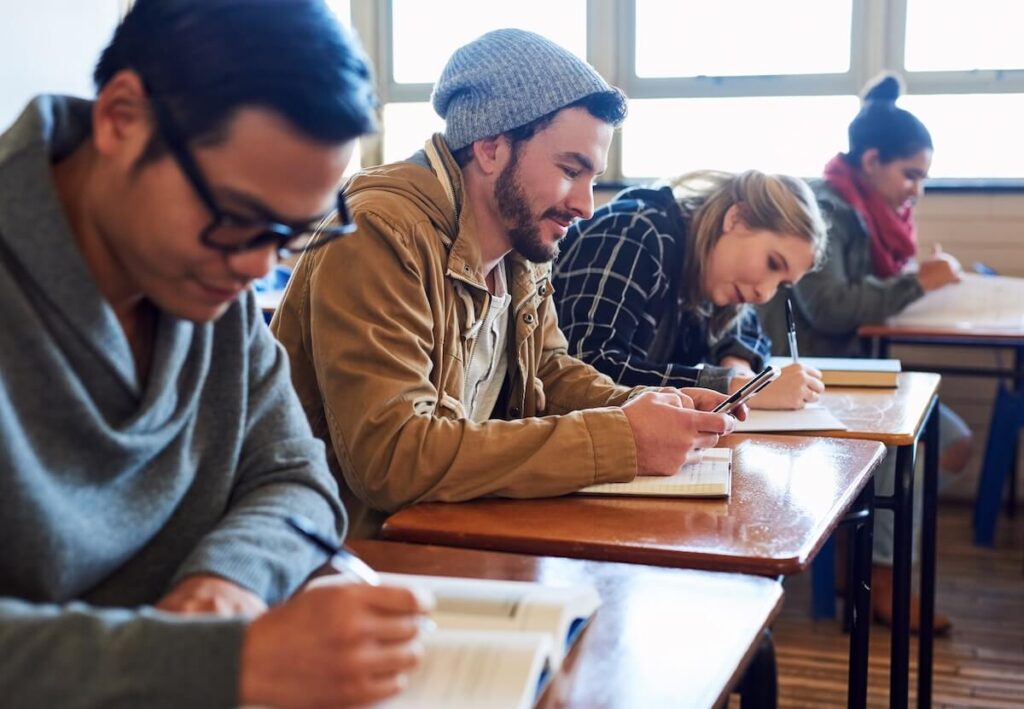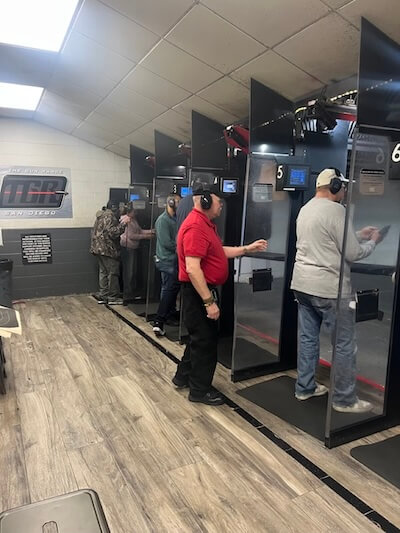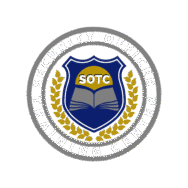What’s on the CCW Test?

When you take the California Concealed Carry Weapon (CCW) test, they want to see if you know how to stay safe, follow the law, and handle your gun the right way. You’ll answer mostly multiple-choice questions. These come straight from the things your training class teaches.
You’ll learn about:
- Firearm safety: Keep your finger off the trigger until you’re ready to shoot, point in a safe direction, treat every gun like it’s loaded.
- The law: Know where you can and can’t carry. Think schools, government buildings, and other restricted spots. Learn about special cases and how safety locks and devices are required.
- Safe storage & handling: Putting away guns and bullets the right way, keeping them clean, and knowing how they work.
- Dealing with problems: What to do when a gun doesn’t work right, and what kids should do if they see a gun.
Sample Questions You Might Get:
- What’s the main cause of gun accidents?
- Which is NOT one of the main gun safety rules?
- First thing to do when there’s a gun malfunction?
- Best way to store ammo?
- Who doesn’t need a safety certificate?
- What does a magazine do in a gun?
- What should a child do if they find a gun?
- How do you hand a gun to someone else safely?
How the Test Works:
It’s not the same everywhere—in different counties or classes, the length might change. But most tests are 20–60 questions. All the questions connect to what you learned in class and what California says about gun safety.
To pass, you’ll usually need to get at least 70–80% right. If you miss the mark, no worries—you can usually try again after some extra coaching.

Want to be ready? Listen closely in training, review your notes, and practice those safety rules until they feel automatic.
Bonus: Example California CCW Written Test Questions:
- What is the minimum age to apply for a CCW in California?
- Who can issue a concealed weapons permit in California?
- When is it legal to openly carry a loaded firearm in California?
- What is required when transporting a handgun in your vehicle?
- What should you do if your firearm malfunctions at the range?
- How should a firearm be stored to prevent child access?
- What is the first rule of gun safety?
- Which places are prohibited for carrying concealed firearms under California law?
- Who is exempt from the Firearm Safety Certificate requirement?
- What is considered a “locked container” for firearm transport?
- Is it legal to modify a semi-automatic firearm to make it fully automatic?
- What is the correct action if a child finds a firearm?
- What is dangerous range, and why does it matter?
- What legal responsibility do you have if your gun is stolen?
- Which device prevents a firearm from being loaded or fired?
- Where is it illegal to transport loaded firearms in California?
- How must ammunition be stored separately from firearms?
- What is microstamping, and why is it required in California?
- Who may apply for a temporary emergency gun violence restraining order?
- What is the purpose of a gun safety certificate?
- Can anyone manufacture a firearm at home legally?
- When is self-defense a legal justification for drawing a firearm?
- How should a firearm be handed over to another person safely?
- Is it legal to carry a concealed firearm in a school zone with a CCW?
- How can a person demonstrate safe firearm handling during a test?
- Who is responsible for reporting lost or stolen firearms?
- What is the maximum magazine capacity for handguns in CA?
- When is it legal to shoot at a private property range?
- What is the penalty for carrying a concealed weapon without a permit?
- How do California laws treat “ghost guns” and homemade firearms?
- What are the six basic gun safety rules?youtube+1
- What do you do if you witness unsafe gun handling at a range?
- How must a firearm be stored when not in use at home?
- Which parties must approve a local CCW application?
- What is California’s process for background checks during firearm purchases?
- Can a loaded magazine be carried separately from the handgun?
- What is the GVRO, and who can request one?
- When transporting an assault weapon, what requirements must be met?
- What should be done if someone else asks you to store their loaded handgun?
- Why is knowledge of ammunition caliber and gun compatibility important?
These questions cover safety procedures, legal restrictions, handling scenarios, and regulatory knowledge as tested on official CCW written exams in California.
Your safety matters. With our CCW class, you get skills you can trust. Enroll now and be ready to defend yourself and the people you care about.

